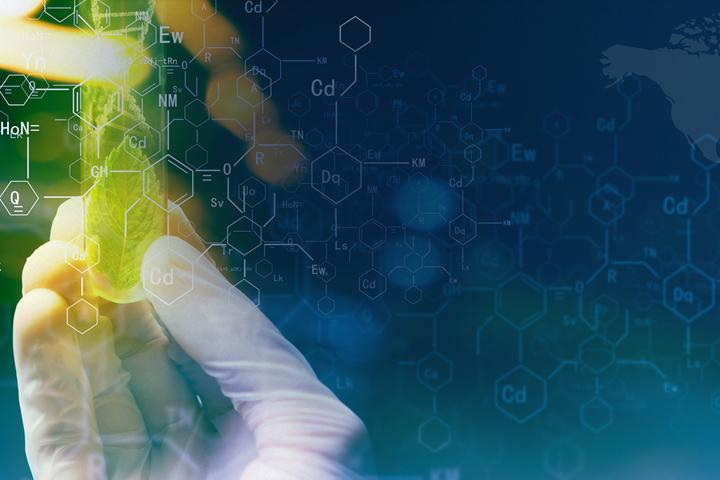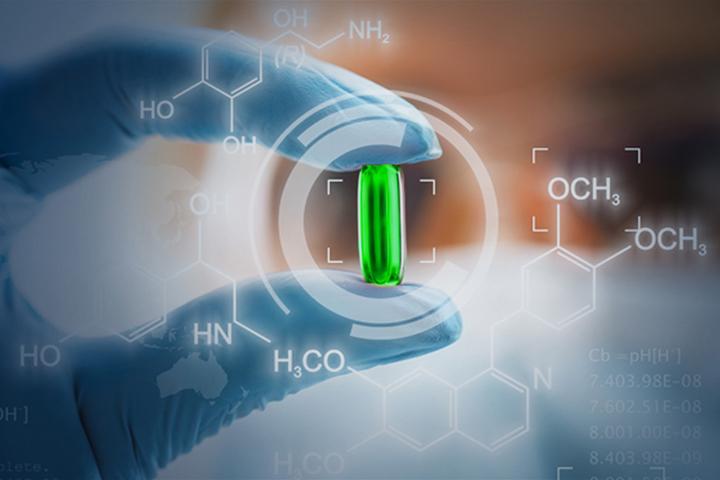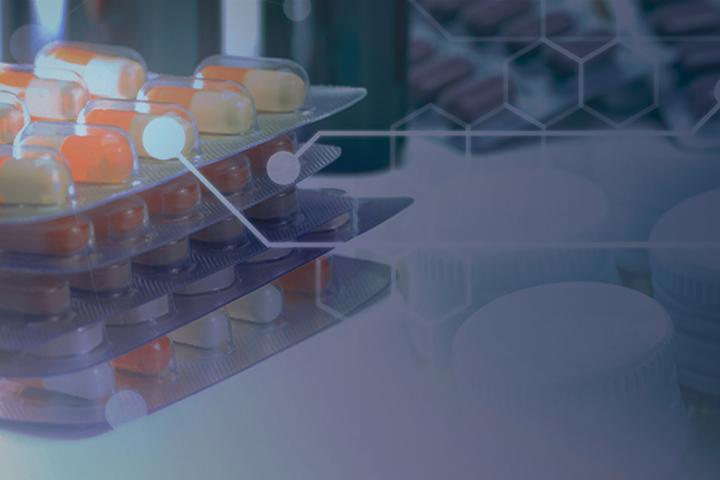Quality Assurance and Regulatory Compliance
Quality assurance in pharmaceutical manufacturing involves comprehensive testing protocols, validation procedures, and continuous monitoring throughout the production process. Every aspect of drug manufacturing, from raw material sourcing to final product packaging, undergoes rigorous quality control measures to ensure patient safety and therapeutic efficacy.
Regulatory compliance encompasses adherence to international standards including ICH guidelines, FDA regulations, and European Medicines Agency requirements. Pharmaceutical manufacturers must maintain detailed documentation, conduct regular audits, and implement robust quality management systems to meet these stringent regulatory requirements.
The implementation of risk-based quality management approaches, such as Quality by Design (QbD) principles, enables manufacturers to proactively identify and mitigate potential quality issues while optimizing manufacturing processes for consistent product quality and regulatory compliance.




